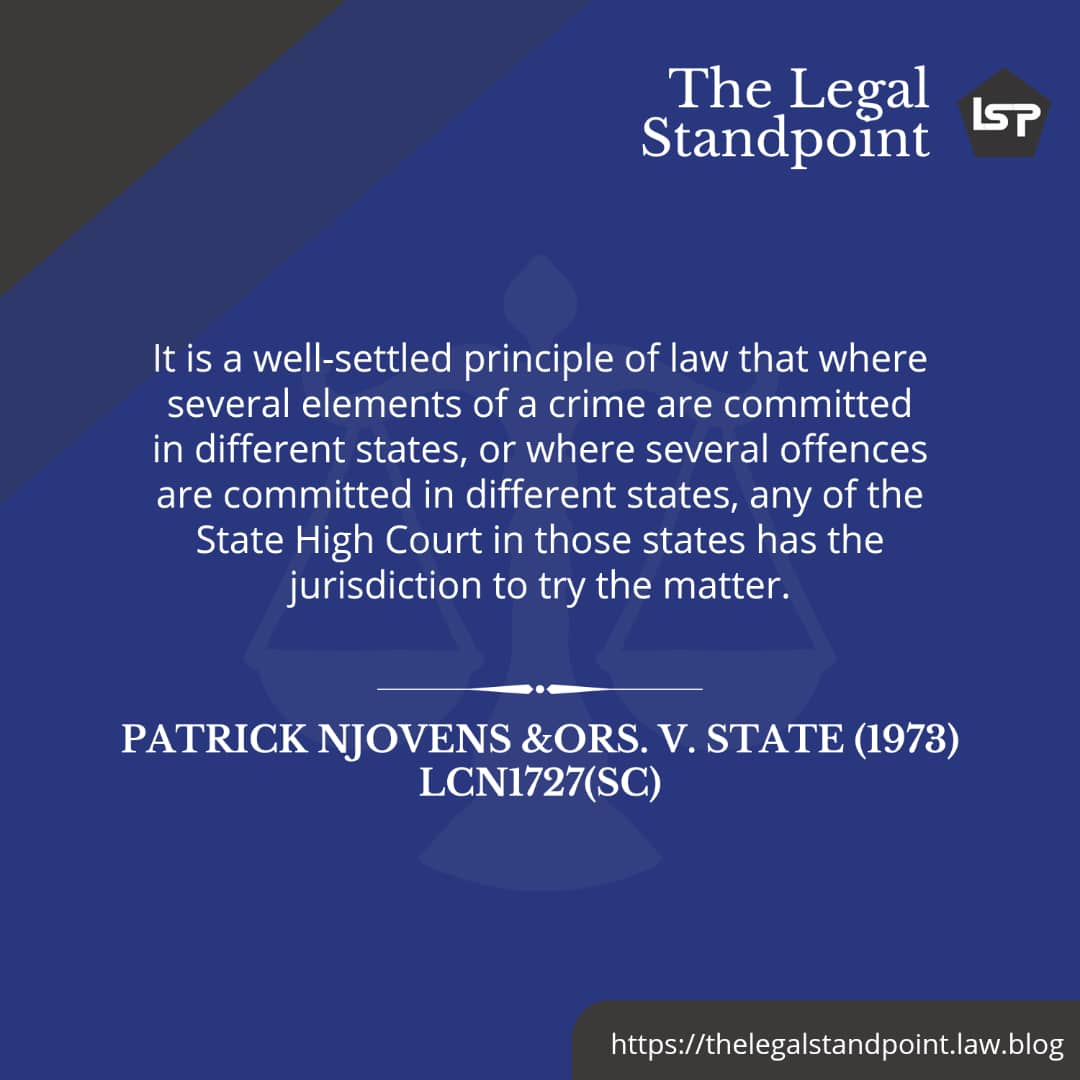
If you’re like me, there are chances that you have travelled before in a means of public transport. Welllll, this is not an indication of SAPA. Nigerian roads aren’t meant for my Lamborghini Aventador😒. Hence, public transport always comes in handy for me. You will notice that after few minutes into the journey, someone, most times sitting either in the middle or back seat, starts preaching.
Overtime, the question – whether or not an individual is meant to preach in public transport – has been a recurring discourse among Nigerians which has lead to several opinions between two major camps. People in the first camp believe that there is absolutely nothing wrong with this act. To them, it is one of the ways in which the Gospel can get to the end of the world. On the other hand, those in the second camp hinge their argument on non-rationality and public disturbance of this act. And there is a third camp, just take me to my destination camp. These people don’t just want stress🙂.
Since we are The LegalStandpoint, our camp is all about giving you the position of the law. Truth be told, Nigeria has laws regulating almost every facet of life. The institution governing road activities in Nigeria is the Federal Road Safety Commission. By virtue of section 5 of the Federal Road Safety Commission Federal (Establishment) Act, 2007, the Commission is vested with the statutory power to enact regulations to achieve its aim and objectives. One of such regulations made which is relevant to this discourse is The National Road Traffic Regulations, 2012. (The Regulation).
Section 169(2) of the Regulation houses the offence of preaching in public transport, and section 169(4) states the punishment. Section 169(2) states that: A person shall not cause or permit to be caused any form of nuisance through preaching or hawking on a stage carriage, omnibus, or other passenger carrying commercial vehicle while in motion. Speaking in the same vein, section 169(4) states that: “any person who contravenes the provisions of this regulation commits an offence and shall be liable on conviction to a fine of N5,000:00 or a term of 9 months imprisonment or both.”
Surprisingly, since the enactment of this regulation, there have been no recorded court cases of someone prosecuted pursuant to this law. This is a testament to the fact that the implementation of laws is a major challenge plaguing the Nigerian legal system.
Notwithstanding, by virtue of the maxim dormiunt aliquando leges, nunquan moriuntur, which translates to mean, law sometimes sleeps but never dies, it is better to know and adhere to the law so that its provision will not be raised against you.
In conclusion, preaching in a moving commercial vehicle in Nigeria is a crime punishable by payment of a fine or imprisonment or both and the lack of enforcement of this act doesn’t reduce its status of the offence.
Thank you for reading❤. See you next week🙏. Kindly subscribe to the mailing list down below if you haven’t.

